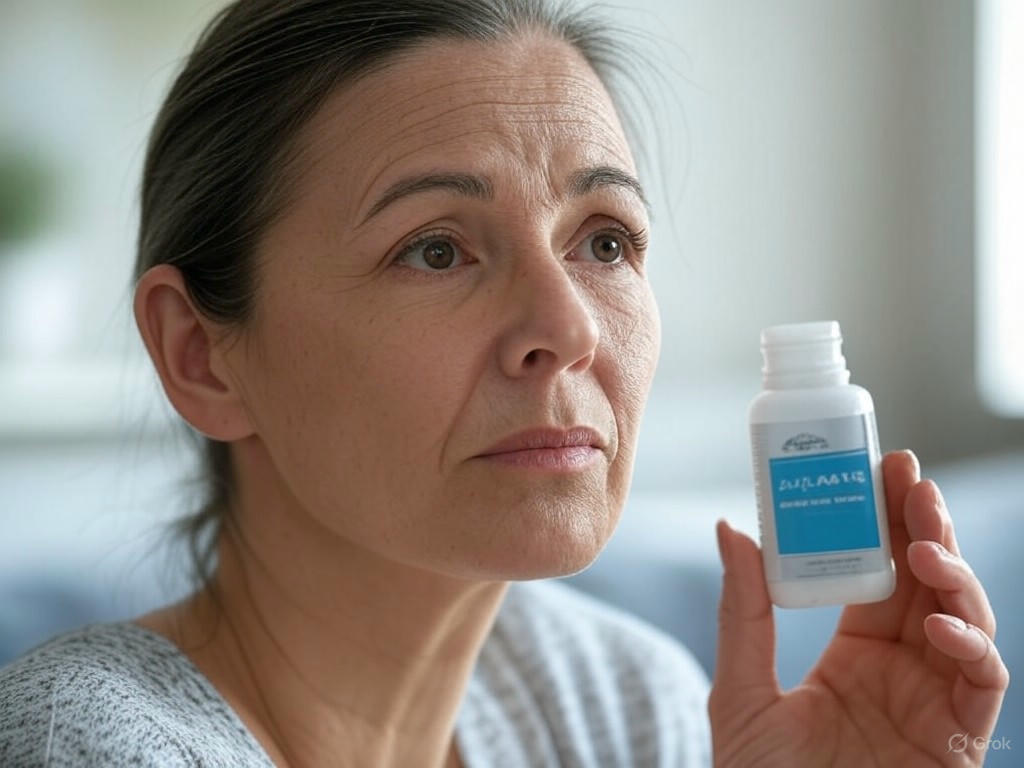The Anti-Aging Hype: Is This Popular Supplement Overrated?
In the ever-evolving world of health and wellness, the quest for the fountain of youth often leads to the rise of trendy supplements promising to turn back the clock. One such product, celebrated by biohackers and longevity enthusiasts, has recently come under scrutiny. Touted as a game-changer for its supposed ability to combat aging at a cellular level, this supplement has built a loyal following. However, emerging research casts doubt on its effectiveness, challenging the claims that have fueled its popularity.
At the heart of the supplement’s appeal is its connection to a specific amino acid, often heralded as a critical marker of biological aging. Advocates have long argued that maintaining optimal levels of this compound could slow down the aging process, improve energy, and enhance overall vitality. Biohackers, in particular, have embraced the supplement as part of their rigorous self-optimization routines, integrating it into diets and regimens aimed at defying time. Social media platforms are rife with testimonials praising its effects, with users claiming everything from sharper mental clarity to more youthful skin. Yet, the science behind these assertions is now being questioned, prompting a reevaluation of whether this buzzworthy product delivers on its promises.
A recent study has revealed that the amino acid in question may not be the reliable indicator of aging it was once thought to be. Researchers found that its levels in the body do not consistently correlate with age-related decline or health outcomes. This discovery undermines the foundation of the supplement’s purported benefits, suggesting that its impact on longevity might be negligible at best. While the study does not entirely dismiss the potential of the compound, it highlights the complexity of aging as a process that cannot be reduced to a single biomarker. Factors such as genetics, lifestyle, and environmental influences play equally significant roles, making a one-size-fits-all solution unlikely. For consumers who have invested time and money into this supplement, these findings may come as a disappointment, raising broader questions about the credibility of anti-aging fads.
As the health industry continues to grapple with the allure of quick fixes, this development serves as a reminder of the importance of skepticism and scientific rigor. While the desire to age gracefully is universal, relying on unproven remedies can lead to misplaced hope and wasted resources. Experts urge individuals to focus on well-established practices for healthy aging, such as balanced nutrition, regular exercise, and adequate sleep, rather than chasing the latest trend. The journey to longevity is a marathon, not a sprint, and shortcuts often fall short of their promises. For now, the spotlight on this once-celebrated supplement dims, leaving room for more research and, perhaps, a more grounded approach to defying the years. As science advances, so too must our understanding of what truly keeps us vibrant through the decades.


